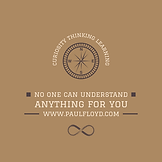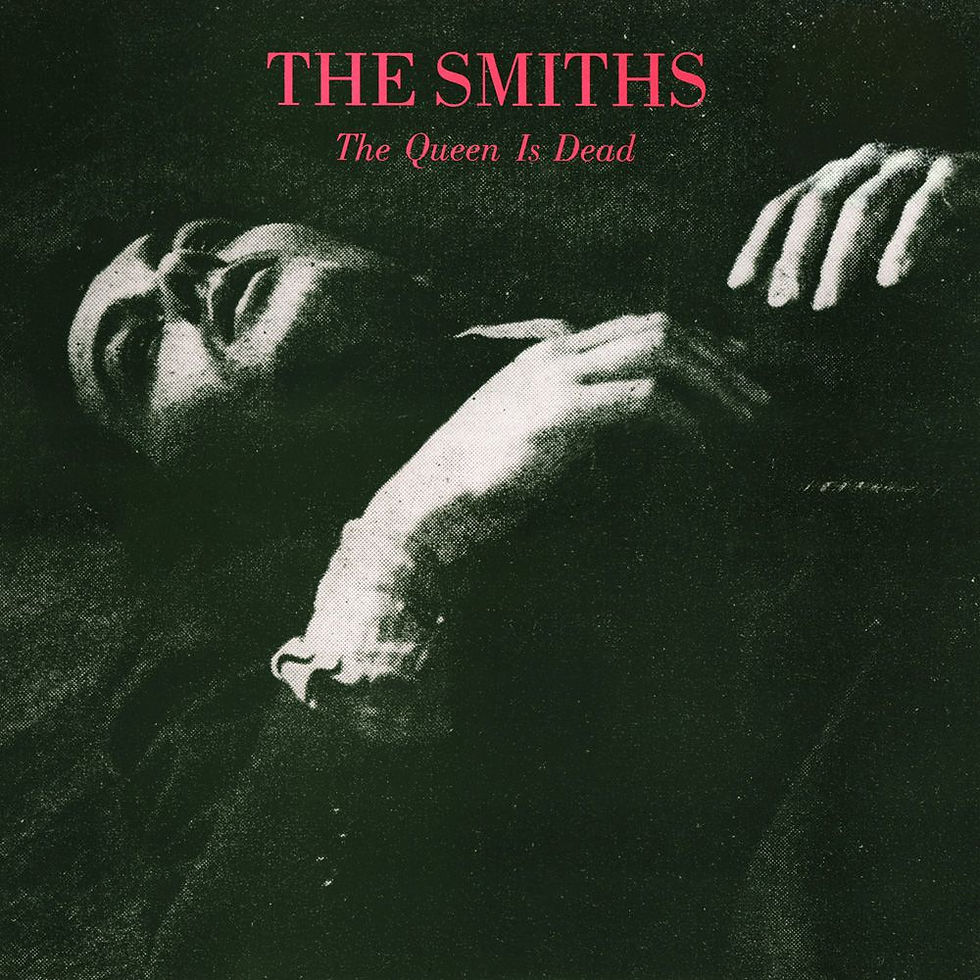Europe - WTF? (23 January 2013)
- floyd132
- Sep 7, 2022
- 4 min read
We Brits have never really understood Europe. ‘Tis a strange place, somewhere to go to get sunburned, intoxicated, culturally overawed or fight, sometimes all at the same time; a place full of languages that can intimidate or seduce – and of women and men of parallel talents; a place where easy yet sophisticated virtue sits side by side with hard, protestant endeavour; it has baffling opening times, strange food and beer of wildly varying strength; it has beaches to take the breath away and mountains no less stunning. For us huddled on this out-land of European-ness, sandwiched between weather bands and ham-strung between cultural leanings, Europe represents the extremes of our own national character and so has generated envy and loathing in equal measure. That we cannot decide how to respond to its political overtures, therefore, should not come as a surprise.

The test of a first-rate intelligence, according to F Scott Fitzgerald, is the ability to hold two opposed ideas in the mind at the same time and still retain the ability to function; according to Leon Festinger, holding inconsistent simultaneously ideas is a sign of cognitive dissonance. Either way, we find it hard to square the circle and so our ability to function in this instance has devolved to a collective act of fence sitting. This is also the stated policy of both main UK political parties, policy not least of expedience as internally both are divided along the same lines of the rest of the country. Both the Conservatives and Labour are very much aware that to discuss Europe in public is to engage in Mutually Assured Destruction, so opening the door to street warfare between the (apparently) consistently pro-Europe LibDems and the defiantly Euro-sceptic UKIP.
However, to suggest that this is all somehow our fault is to miss a great heaving inconsistency undermining the development of the European project. One of the reasons we cannot decide how to respond to Europe is because it is not sending c
onsistent messages itself. At its very heart Europe remains uncertain about how it wants to proceed – does it want to be a Gemeinschaft or a Gesellschaft – a United States of Europe or a coherent conglomeration of independent states? Before we can tackle the critical question of whether either of these actually realisable, Europe must first resolve the fundamental question of exactly what it wants to be.
One of the consequences of this indecision is a system of administration with inefficiency and duplication on both horizontal and vertical axes; a system the product of evolution rather than design that appears fixated with its own survival and the bafflement of everyone else; a system, that from a UK system in a particular, could not look worse: you would have to work hard to create something better designed to disquie
t and exasperate a people steeped in a national myth of being bureaucracy-averse (this from the country that invented the Civil Service).
These Augean Stables urgently need cleansing but at the same time the politicians in this country have a duty to try to explain clearly to a sceptical people the costs and the benefits of membership. At present, trying to do so is simply to shed votes, not least because no one can say for certainty what we are joining. Before we can have that debate, Europe itself needs to decide what it wants to be.
We look to the USA with envy: we see a country of diverse resources and cultures that seems to be able to operate more or less in step and wonder if the same could happen here. Sadly, this is unlikely, not least as the USA was a created rather than an evolved nation (though the native Americans may have something to say on this): fundamentally, what binds the nation into a coherent whole is a belief in individualism and personal endeavour (in the terms of Tönnies, the fundamental principle underpinning the Gemeinschaft is faith in the principles of Gesellschaft and I don’t think that is something you can construct after the event.) Individualism is tolerated as a toleration of and belief in the primacy of the individual (be it at a state or personal level) is the founding principle of the nation; a United States of Europe, a contrivance designed primarily to stop us killing each other and for reasons of economic expedience, lacks that socio-philosophical glue.
We Europeans are just too different; old states of the Confederacy have their differences with the Yankees and the fly-over states with corners will seldom see eye to eye with the states with squiggly borders and coastlines but for all that the w
hole point of the USA is a vive-la-difference attitude that a Brit and a Greek and a Finn and a Portuguese can never share; and that is before we consider the language differentials (a problem of real significance to us mono-linguists. Free movement of capital requires being able to function in a foreign country.)
The true pity of the situation is that the world needs Europe to succeed for practical and philosophical reasons. In practical terms, every hegemon needs a counter hegemon: the tragic consequences of Blair’s decision to side with the USA rather than Europe are all to plain (Tony Blair rolled his eyes and said, "Poor old Jacques (Chirac), he doesn't get it, does he?"' (Sir Stephen) Wall remarks: 'We now know Jacques "got it" rather better than we did.') and it seems clear that Europe needs to stand together if it is to weather the economic blizzard of BRIC ambition that’s in the post. Philosophical because the future of humanity is inextricably bound with the dissolution of national differences and the pursuit of goals measured at a species level. The problems we face now in terms of climate change, population growth and resource scarcity cannot be solved by one nation operating independently and they are no more likely to be solved by a few nations operating as a self-interested conglomerate. However, if we cannot put aside our differences on a small scale we have no chance of doing so on a global scale. If reinventing the whole of the world (following the American model) is not an option then we either follow a path blazed by a modern Europe or else lie vulnerable to the failed models of a Mid C20 Europe. The choice is between Gleichschaltung and Gemeinschaft: if we cannot bring ourselves into step then we invite someone else to do it for us.

.png)



Comments